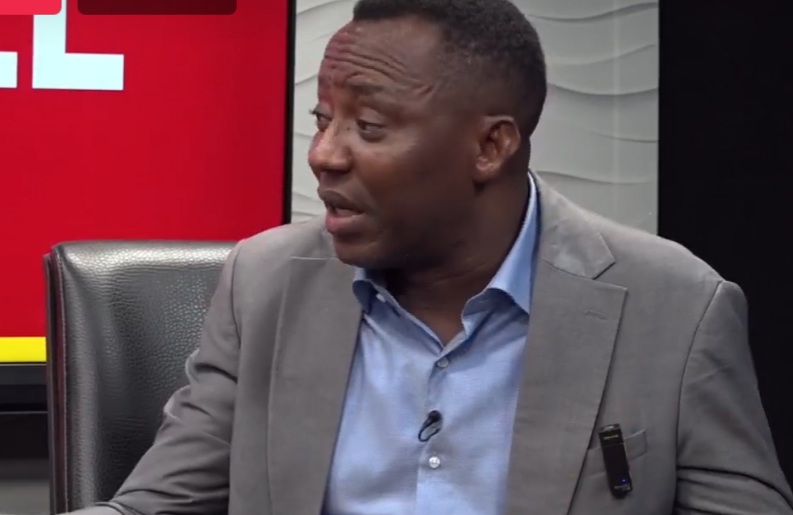Omoyele Sowore, a prominent Nigerian activist and publisher, has found himself embroiled in a censorship battle with the Nigerian government, specifically the Department of State Services (DSS). The conflict stems from a social media post Sowore made criticizing President Bola Tinubu, which the DSS has deemed a threat to national security. The DSS’s actions have sparked a debate about freedom of speech and the government’s role in regulating online content.
The controversy began with a post on X (formerly Twitter) in which Sowore criticized Tinubu’s stance on corruption. The DSS responded by demanding that X delete the tweet, claiming it was defamatory and posed a national security risk. Sowore refused to comply, setting the stage for a protracted confrontation. The DSS then escalated the matter by sending a letter to Meta, the parent company of Facebook, demanding the deactivation of Sowore’s Facebook account. This action broadened the scope of the dispute and raised concerns about the potential for government overreach in controlling online expression.
The DSS’s letter to Meta accused Sowore of spreading misinformation, engaging in hate speech, and attempting to discredit the president. The letter cited various Nigerian laws, including provisions from the Criminal Code Act, the Cyber Crimes Act, and the Terrorism (Prevention and Prohibition) Act, to justify its demand for account deactivation. The DSS gave Meta a 24-hour deadline to comply, threatening unspecified “far-reaching, sweeping measures” if the demand was ignored. This ultimatum created an atmosphere of urgency and highlighted the potential for serious consequences for Meta if it did not accede to the DSS’s request.
Sowore has vehemently denounced the DSS’s actions, characterizing the agency as “lawless” and “incompetent.” He pointed to the DSS’s apparent inaction in addressing serious security issues within the country, while simultaneously focusing its efforts on censoring online criticism of the president. This juxtaposition served to emphasize Sowore’s argument that the DSS was misplacing its priorities and utilizing its resources to suppress dissent rather than addressing pressing national security concerns. He questioned the DSS’s focus on his social media posts while, according to him, more pressing issues like the killing of over 130 citizens remained unaddressed.
This incident involving Sowore and the DSS raises crucial questions about the balance between national security and freedom of expression in Nigeria. The DSS’s actions suggest a potential chilling effect on online speech, as individuals may become hesitant to express critical views for fear of government reprisal. The incident also raises concerns about the potential for abuse of power by the DSS and the government in suppressing dissent and limiting public discourse. The vague nature of the threats made by the DSS against Meta further adds to the unease and uncertainty surrounding this issue.
The case of Omoyele Sowore and the DSS highlights the growing tension between governments and social media platforms worldwide. As governments seek to exert greater control over online content, concerns about censorship and the suppression of dissenting voices are becoming increasingly prevalent. The 24-hour ultimatum given to Meta by the DSS underscores the pressure faced by social media companies to comply with government demands, even when those demands may conflict with principles of free speech and open communication. The outcome of this situation will likely have significant implications for the future of online expression in Nigeria and beyond.














